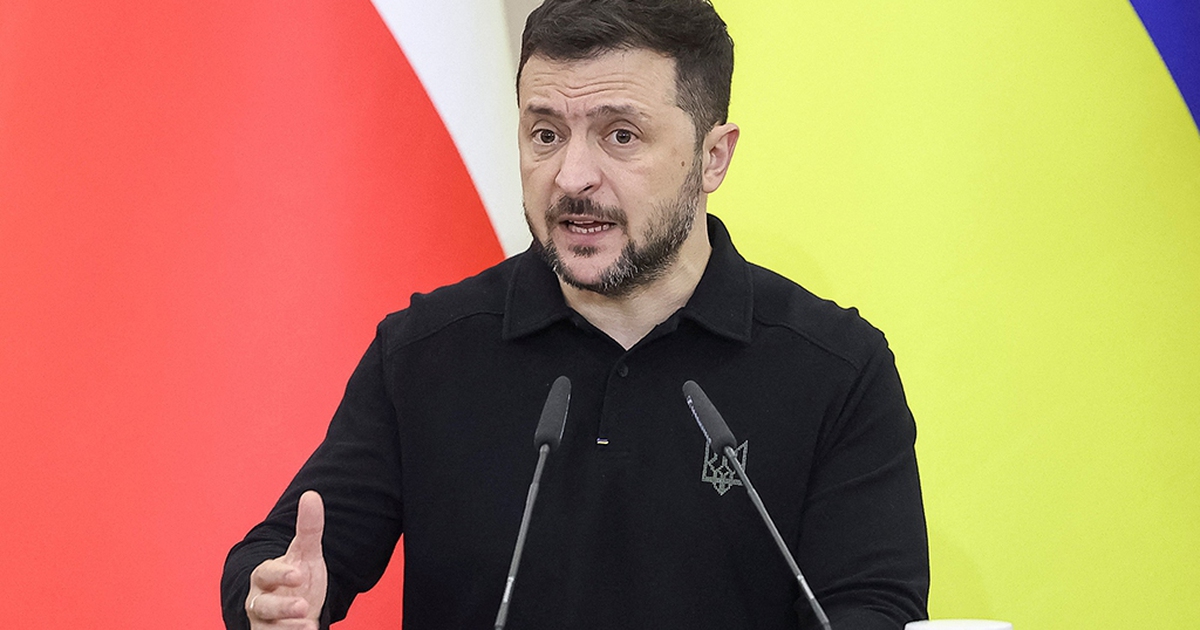Tata Nifty200 Alpha 30 Index Fund:If you are looking for a better new scheme of mutual fund then you have a good opportunity. Today on 19 August 2024, Tata Mutual Fund has launched its New Fund Offer (NFO) Tata Nifty 200 Alpha 30 Index Fund. This is an open-ended equity scheme, which will track the Nifty200 Alpha 30 index. There will be an opportunity to invest in this NFO till 2 September 2024.
Small Cap Return: Smallcap scheme is amazing, you get full 1 crore from SIP of 2000 rupees, superhit in every phase of 3 years, 5 years or 10 years
New Fund Offer: What is the investment strategy
Tata Nifty 200 Alpha 30 Index Fund will track the Nifty 200 Alpha 30 Index. This index will select those 30 stocks included in the Nifty 200 index for investment, whose performance is better than others. That is, only stocks with positive Jenson’s Alpha will be considered eligible for the index. Its objective is to provide better returns to investors with better portfolios. However, this scheme does not assure or guarantee any returns.
Tata Nifty200 Alpha 30 Index Fund: What is the minimum investment
One can invest in this new fund offer with a minimum amount of Rs 5000. There is no lock in period in this. If you redeem within 15 days, then you will have to pay an exit load of 0.25%.
Midcap Funds Return: 5 midcap schemes that gave the highest returns in 5 years, all of them multiplied the money at least 3 times
Asset Allocation Strategy
Talking about the asset allocation of Tata Nifty 200 Alpha 30 Index Fund, this scheme will invest a minimum of 95% and a maximum of 100% in securities related to the Nifty200 Alpha 30 Index. While a minimum of 0% and a maximum of 5% will be invested in debt/money market options including mutual fund units.
NFO should be like this, HSBC Multi Cap Fund became the rising star of the market, 1.5 year old scheme gave 85% return
what is an index fund
Index funds also come under the category of equity mutual funds, through which money is invested in the shares of a particular index. Every index fund tracks a particular index of the stock market. For example, Sensex 30 or Nifty 50 or Nifty 200 index. Index funds invest in the shares included in the index they track. Not only this, this investment is made in the same proportion as that of every company in that index. This is the reason why the fluctuations in any index fund are according to the index related to it. Due to following the index, index funds are also called passive funds.
Due to tracking the index, the return on investment made in the index fund is almost equal to the respective index. For example, if the index fund tracks Nifty 50, then its return will also keep increasing or decreasing along with Nifty 50. Investing in equity through index fund provides all the tax benefits that are applicable on equity funds.
(Note: We have given information about the new scheme here. This is not an investment advice. The past performance of an index may or may not remain in the future.)









